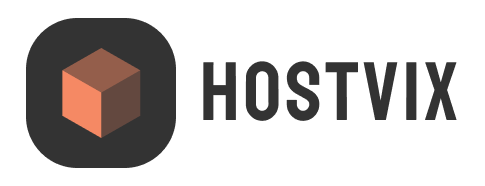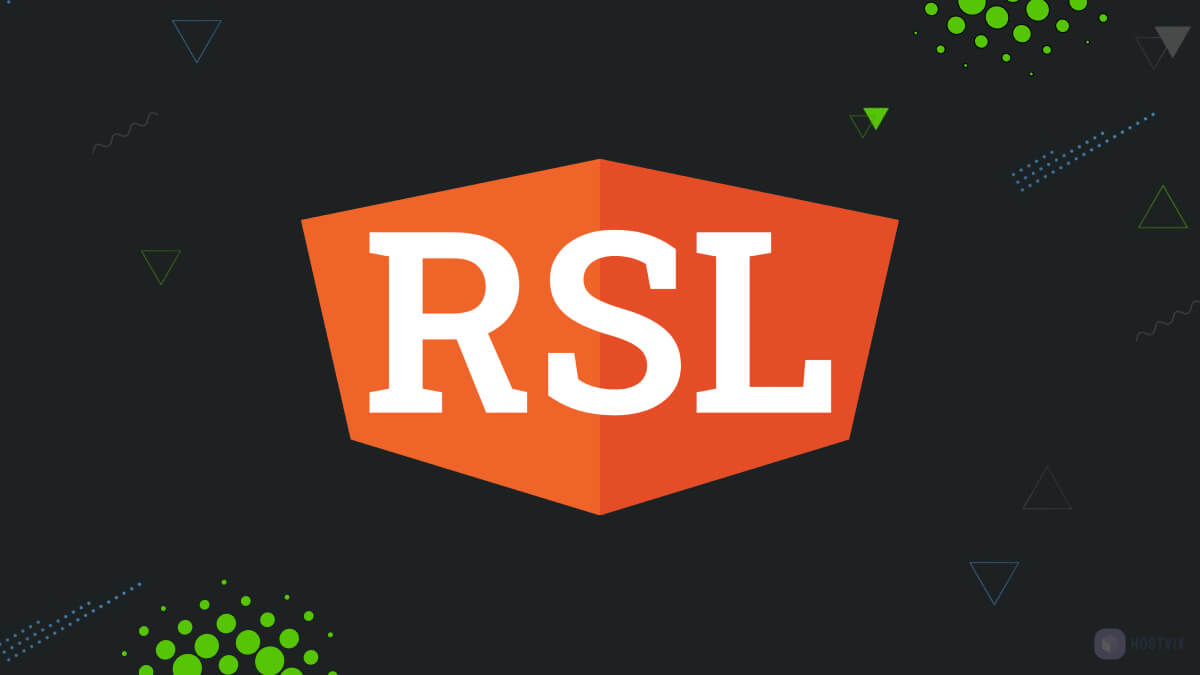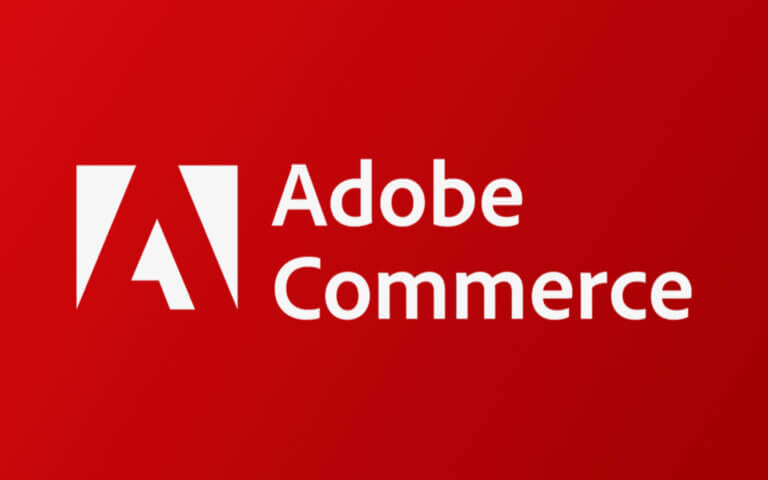The web has always run on a simple deal: creators publish content, audiences consume it, and somewhere in between, business models make the whole thing sustainable. For two decades, that model was mostly powered by ads, subscriptions, or syndication. But along came AI — and suddenly, content created for people is being vacuumed up at industrial scale to feed large language models, with little permission and even less compensation.
That’s where RSL (Really Simple Licensing) steps in.
What Is RSL?
Think of RSL as the modern successor to robots.txt — the old protocol websites use to tell crawlers which pages they can or can’t access. Except robots.txt is a blunt tool: it only says “yes” or “no.”
RSL adds a missing layer: licensing. It’s an open, XML-based standard that lets publishers spell out the terms under which their content can be used — including attribution, subscription fees, per-crawl charges, or even pay-per-inference (royalties every time an AI model generates an answer based on your work).
In short, RSL turns “don’t crawl me” into “crawl me, but on my terms.”
At its simplest, you create a license file (XML) and point to it in your robots.txt or HTTP headers. From there, you can:
- Allow or prohibit AI training altogether.
- Require attribution via something like a Creative Commons license.
- Charge for access, either by subscription, per crawl, or per inference.
- Protect private content (books, datasets, videos) with encryption that requires a license server to decrypt.
Here’s a stripped-down example for requiring attribution:
<rsl xmlns="https://rslstandard.org/rsl">
<content url="/">
<license>
<payment type="attribution">
<standard>https://creativecommons.org/licenses/by/4.0/</standard>
</payment>
</license>
</content>
</rsl>And here’s one for charging per crawl:
<rsl xmlns="https://rslstandard.org/rsl">
<content url="/videos" server="https://example-server.org/api">
<license>
<payment type="purchase">
<amount currency="USD">10</amount>
</payment>
</license>
</content>
</rsl>Why It Matters
Publishers are bleeding value. AI companies have scraped billions of articles, videos, and datasets, and are now competing directly against the same sources they cannibalized. Writers, journalists, and creators aren’t just losing attribution — they’re losing traffic, ad revenue, and in some cases, the ability to fund the next piece of work.
Big publishers like The New York Times, Reddit, and News Corp have already signed private licensing deals with OpenAI, Google, and Amazon. But that model doesn’t scale. Small and mid-sized publishers don’t have the leverage or legal teams to negotiate one-off contracts.
RSL levels the playing field by creating a standardized, machine-readable way to license content at web scale. Anyone from a solo blogger to a major media outlet can adopt it.
Alongside the protocol, there’s also the RSL Collective, a nonprofit rights organization designed to act like ASCAP or BMI do for musicians. Instead of each site fighting alone, publishers can pool their rights, negotiate collectively, and even enforce licenses in court as a group.
Founding supporters include Reddit, Yahoo, Quora, People Inc., Medium, wikiHow, O’Reilly Media, Fastly, and Ziff Davis. It’s free to join and non-exclusive, so even small sites can add their weight to the push.
Challenges Ahead
Of course, the big question is whether AI companies will respect RSL. Many crawlers already ignore robots.txt. Enforcement will take a mix of technical measures (like Fastly acting as the “bouncer at the door”), collective legal action, and, frankly, pressure from the biggest publishers standing behind the standard.
There’s also the bigger philosophical debate: Are we creating a more closed, paywalled web in the name of fairness, and does that erode the openness that made the internet thrive in the first place?
That’s a real concern. But let’s be blunt: AI companies brought this on themselves. By scraping first, paying later (or never), they burned through the goodwill of publishers. Trust has to be rebuilt, and fair compensation is the foundation of that.
RSL isn’t perfect. It won’t magically solve copyright law or stop all bad actors. But it’s a practical, open-standard step in the right direction — a way to put creators back in control of their work and make sure the value of human creativity isn’t strip-mined for free.
The web has always been about balance: open enough to share ideas, structured enough to sustain creators. RSL feels like an overdue course correction for the AI-first era.




Leave a Comment